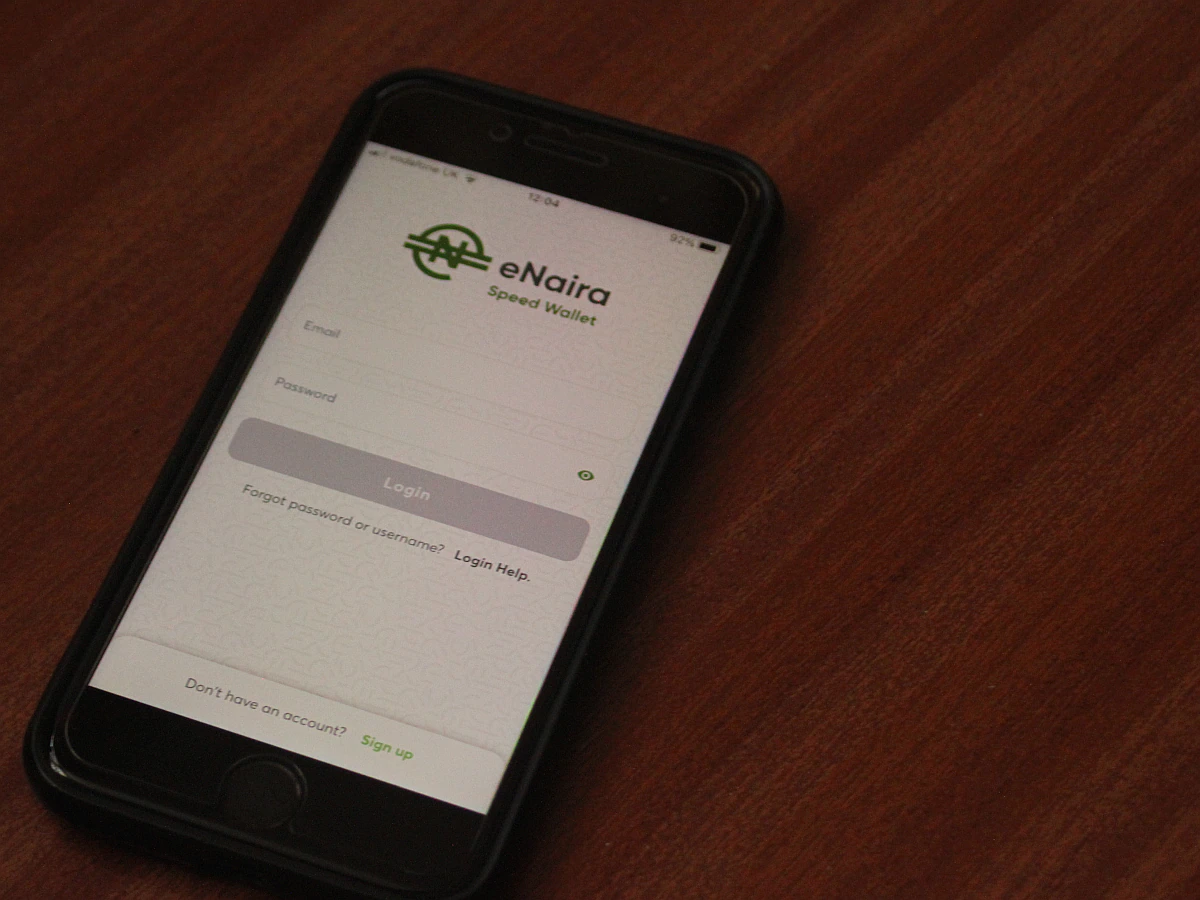EU’s Metaverse Vision Focuses on Standards, Governance and Funding
The European Commission on Tuesday set out its plans for the metaverse, confirming leaked plans previously reported by CoinDesk that would see new standards and governance for virtual worlds.
The commission isn’t proposing any new laws and is vague about funding for what it sees as the next generation of the internet, but politicians are eager for the bloc to make the most of a technology they see as having economic and ethical salience.
“Today, Europe throws its hat in the ring to become a world leader in Web 4.0 and virtual worlds,” said Thierry Breton, the European Commissioner for the bloc’s internal market, said in a statement. “Europe has what it takes to lead the next technological transition.”
The EU executive – which says virtual worlds could be worth 800 billion euros ($880 billion) globally by 2030, likely based on blockchain and cryptocurrency – also plans funding to keep Europe competitive, with levels unspecified but potentially high.
For a new virtual worlds partnership to be set up the commission’s science funding program, Horizon Europe, “you could think of an amount in the order of 200 million euros that will be available,” as well as potential investment via EU regional funds, said a commission official, speaking under condition of anonymity.
Political interest is high. In March, leaders of all the EU’s 27 member states put “Web 4.0” among a shopping list of technologies the bloc needs to stay competitive, alongside artificial intelligence (AI), quantum computing and 6G internet networks.
For EU lawmaker Axel Voss, the metaverse raises a host of legal issues – like giving avatars their own legal status, protecting copyright and patents, and dealing with virtual crime.
“There are a lot of questions that would need to be answered and I’m not expecting that the commission is answering everything,” Voss, a German Member of the European Parliament who spearheaded the EU’s recent work on AI, said in an interview held before he had seen the proposals.
Voss appears to favor going further than the commission, and suggested existing laws such as the General Data Protection Regulation will need to change for the metaverse.
“GDPR is totally not in line with new technologies,” he said of the EU’s landmark privacy rules, citing AI, blockchain and cloud computing. “We need a kind of a modernization or updating of the GDPR, and then aligning these also to new technologies.”
He believes the EU failed to tackle illegal content on social media early enough, and the bloc isn’t home to major Web 2.0 companies – errors that he worries could be repeated for the metaverse.
“Old-fashioned people also laughed about the internet, and all of a sudden you have a totally different world,” he said. “If we are not acting now, if we are not acting together, and if we are not acting on priorities, I can’t see that we will catch up.”
Edited by Parikshit Mishra and Nikhilesh De.









